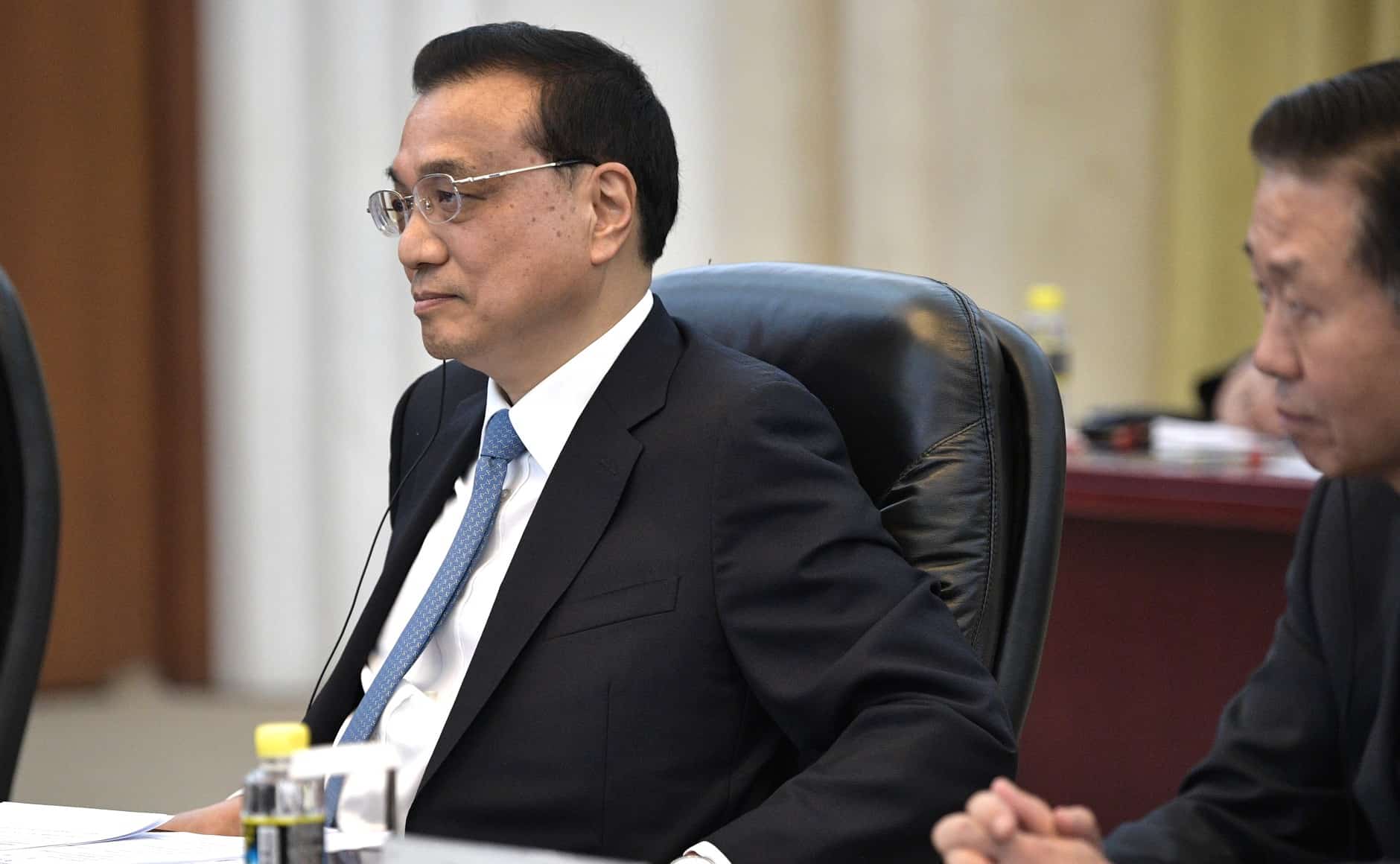The senior-most authority of the Chinese government has issued a raft of policies and measures to lend support to the national economy amidst global uncertainty caused by both Covid and the war in Ukraine.
The State Council recently issued the “Raft of Measures and Policies to Firmly Stabilise the Economy” (扎实稳住经济的一揽子政策措施), as well as directives to China’s local governments and departments calling for earnest implementation.
The Raft contains a total of 33 measures covering six areas including:
- Fiscal policy: Further increasing the vigour of value added tax credit and rebate policies – the State Council expects to increase tax credits and rebates by 142 billion yuan, while also accelerating the pace of fiscal expenditures. Accelerating the pace of local government special bond issuance and expand the scope of supported areas, expanding the intensity of government procurement support for small an medium-sized enterprises, and expanding the implementation of policies to ease payments of social welfare fees.
- Monetary policy: Encouraging the provision of deferrals on payments for the principal and interest on loans to micro, small and medium-sized enterprises and individual industrial and commercial proprietors, as well as mortgages and consumer loans to individuals affected by Covid. Expanding the intensity of support for financial inclusion micro and small-loans, and continuing to drive declines in real interest rates, while increasing the efficiency of capital market financing, and expanding support from financial institutions for infrastructure development projects.
- Policies to stabilise investment and spur consumption. Accelerating the advance of a new set of hydrological projects, accelerating investment in transportation infrastructure projects, continuing to drive the development of comprehensive underground municipal pipeline corridors, stabilising and expanding private investment, expediting the standardised and healthy growth of the online platform economy, and stabilising growth in consumption of goods such as vehicles and home appliances.
- Food and energy security policy. Improving food yield protection policies, and unleashing high-quality coal production capacity on the precondition of ensuring secure, clean and high-efficiency usage. Driving the implementation of a raft of energy projects, raising energy storage capacity for coal and crude oil.
- Policies to protect the stability of industrial supply chains. Reducing the cost for market entities to use water, power and the Internet. Driving the stage-based reduction of market entity leasing costs, and expanding the intensity of support for industries and enterprises affected by the pandemic, such as civil aviation. Optimizing policies for enterprises to resume work and production, improving transportation and logistics policies, and coordinating increases in the intensity of support for logistics hubs enterprises. Accelerating the progress of major foreign invested projects and actively attracting foreign investment.
- Policies to maintain basic living standards. The implementation of stage-based support policies for residential accommodation public funds; improving polices to support employment and entrepreneurship for agricultural transfer populations and the rural labour force, and improving basic social welfare measures.




